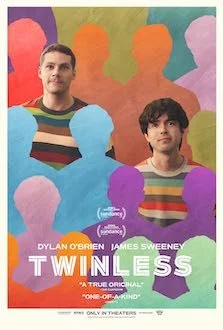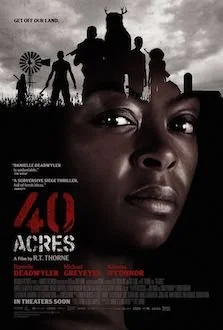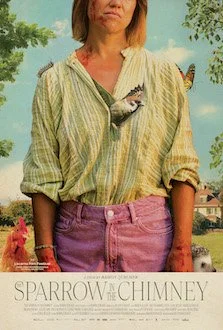Direction: Diego Céspedes
Country: Chile / France / other
Chilean writer-director Diego Céspedes’s feature debut, The Mysterious Gaze of the Flamingo, is an anemic blend of turbulent coming-of-age drama, social critique, and revenge tale—a film that may have its heart in the right place but ultimately lacks soul. Inflected with Latin and Western motifs, this well-intentioned yet frequently slippery work leans on scenes that tend to lyricize rather than persuade. While foregrounding the terrifying intersections of love, illness, and prejudice, it follows 12-year-old Lidia (Tamara Cortés), the daughter of Flamingo (Matías Catalán), one of the travestis who live and work at a queer bar run by Mama Boa (Paula Dinamarca) in a desert mining town in northern Chile in 1982. As miners begin falling ill and dying from a mysterious plague—none other than AIDS—the community convinces itself that the disease is transmitted through the travestis’ gaze.
Conceived as an anti-machismo statement and shot in a square frame, the film oscillates between violence and sentimentality, flamboyance and sorrow. It portrays an atrocious reality, yet never fully capitalizes on its creative potential. Even as it veers away from mainstream formulas, Céspedes’s work is too loosely handled, relying on a narrative strategy that exhausts itself prematurely.
Coarse, titillating, and hopelessly uneven, The Mysterious Gaze of the Flamingo finds its strongest asset in its stark desert setting and period atmosphere. The tone—simultaneously campy and off-kilter—ultimately leaves little lasting impression, while the story drags and steadily erodes the film’s overall effectiveness. In the end, one is left more appreciative of what Céspedes is attempting to do than of what he actually achieves on screen.








































